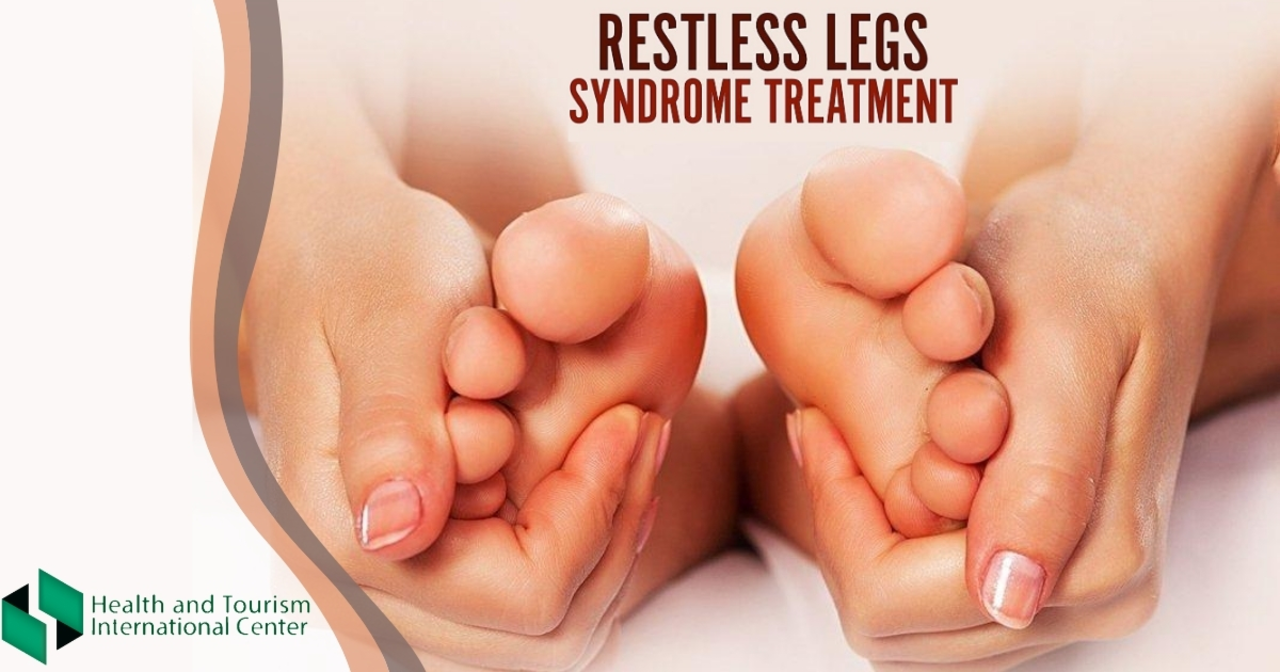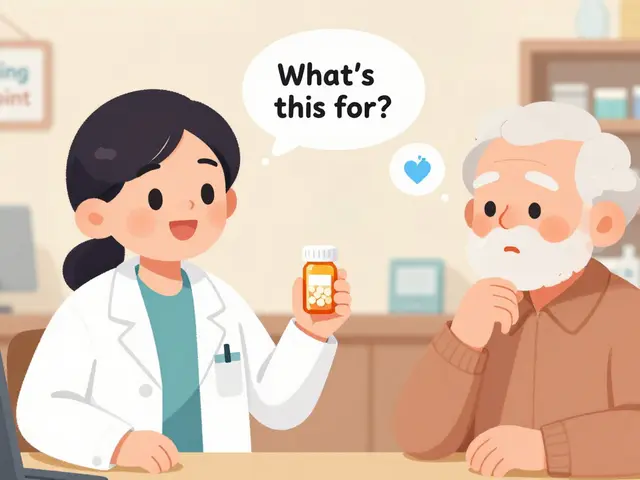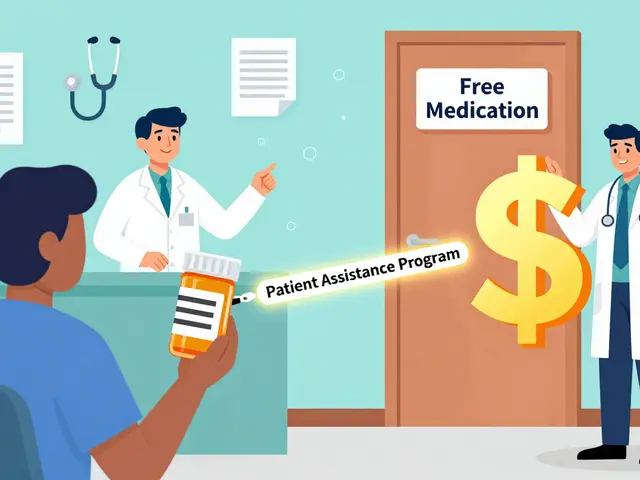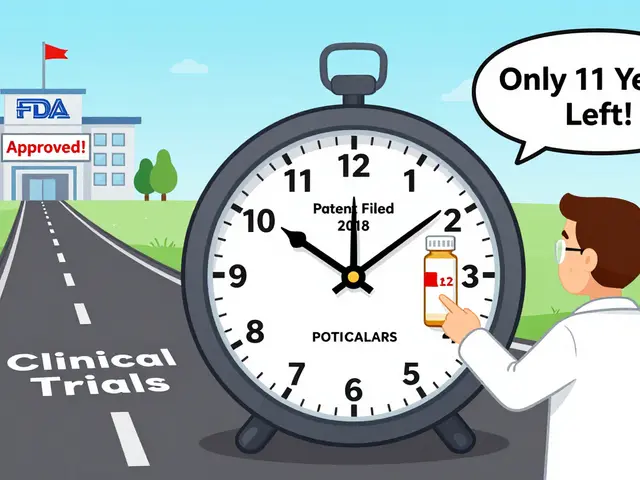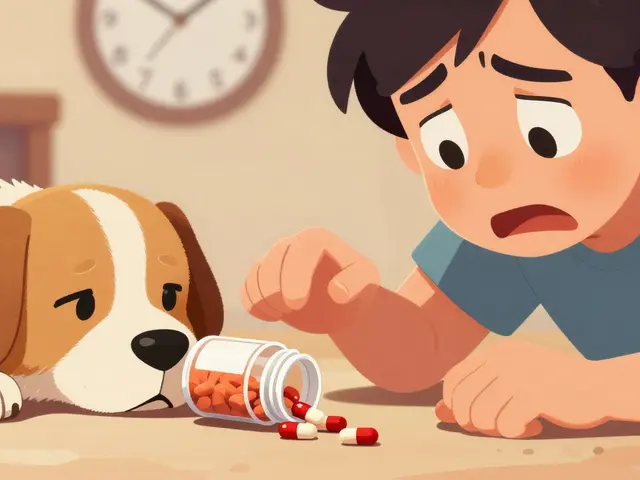Early diagnosis: how spotting issues sooner helps you stay healthier
Finding a health problem early usually makes it easier to treat. That’s true for chronic stuff like high cholesterol or diabetes, and for sudden problems like infections or rising intracranial pressure. This page gives practical signs to watch, common screening tests, and next steps if something shows up on a test.
When to get checked — simple signs and common tests
If you feel off for more than a few weeks, don’t shrug it off. Pay attention to changes in weight, new or worsening pain, repeated infections, persistent headaches, changes in vision, or unusual tiredness. These are reasons to see a clinician and ask for basic checks.
Routine tests to ask about: blood pressure, fasting glucose or A1c for diabetes, lipid panel for cholesterol, basic liver and kidney labs, and a full blood count. Age and risk factors add other screens: mammograms, colon cancer screening, Pap/HPV tests, and skin checks. For specific problems you read about on our site, like high cholesterol (see our Lipitor article) or headaches linked to intracranial pressure (see Acetazolamide for Pseudotumor Cerebri), mention those symptoms to your provider so they order the right tests.
Screening schedules change by age and risk. If you have a family history of heart disease, cancer, or stroke, tell your doctor — you may start tests earlier. If you take medications that affect labs or symptoms (for example, some heart drugs or supplements), bring a list to the visit.
Got abnormal results? Clear steps you can take
First, ask for plain-language explanations. What did the test measure? How abnormal is it? How does this affect your short- and long-term health? Good questions help your clinician give concrete next steps: repeat the test, try lifestyle changes, start medication, or get a specialist referral.
Don’t cancel life plans. Many early abnormalities respond well to diet, activity, or a low-risk medicine. For example, borderline high cholesterol often improves with diet and exercise and, if needed, a statin like atorvastatin (read our Lipitor guide for practical tips). For infections and fungal issues, early diagnosis usually means shorter treatment and fewer side effects (see our Fluconazole overview).
Use our articles to learn specifics, but don’t self-treat blindly. Supplements and online advice can help or hurt — some, like black seed supplements, carry liver risks if misused (read the Black Seed Supplement Dangers article). If you’re considering online pharmacies or buying meds online, check trustworthiness first (see our Online Pharmacy Reviews).
Finally, keep records. Save test results, medication lists, and notes from visits. A clear timeline helps you and your doctor spot trends and act fast. Early diagnosis isn’t about panic — it’s about quick, practical steps so you spend less time worried and more time getting better.
The Importance of Early Diagnosis for Restless Leg Syndrome
As a blogger, I want to emphasize the importance of early diagnosis for Restless Leg Syndrome (RLS). Detecting RLS in its initial stages can greatly improve one's quality of life by managing symptoms more effectively, preventing sleep disturbances, and reducing the risk of developing other health complications. Consulting with a healthcare professional at the first sign of symptoms can help tailor an appropriate treatment plan. Moreover, early diagnosis can also provide emotional relief as patients can better understand and cope with their condition. Let's all prioritize our health and take any unusual sensations in our legs seriously.
Read More